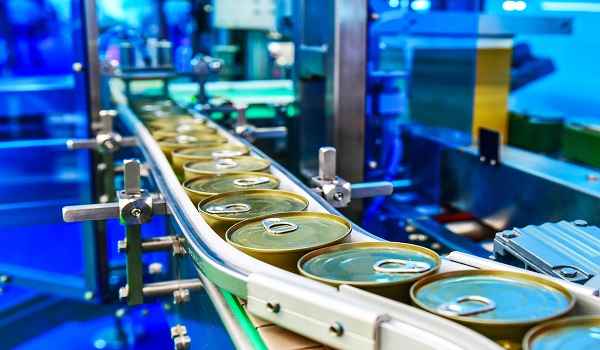According to a report by market research firm Mintel, the food and beverage industry has experienced a significant decline in innovation since 2007. Only 26% of new products introduced between January and May 2024 were genuinely new, compared to 50% in 2007.
Jonny Forsyth, Mintel’s director of food and drink, attributed this decline to the complex supply chains, low margins, and temperature control requirements that food and drink manufacturers face. These challenges create higher barriers to entry compared to industries like beauty, personal care, or household goods.
This decline in innovation comes as consumers are reducing spending in various areas, including food and beverages, due to prolonged inflation.
Mintel’s report highlights a broader struggle with innovation across the Consumer-Packaged Goods (CPG) sector. Globally, only 35% of CPG launches in the first five months of 2024 were genuinely new products, the lowest percentage since Mintel began tracking new products in 1996. The majority of launches are now “renovations”—line extensions, reformulations, new packaging, or relaunches of existing products.
This innovation drought poses long-term risks for the CPG sector, potentially affecting the future profitability and survival of established industry players. The lack of novel innovations makes it easier for consumers to opt for private label options, especially as major brands have implemented price hikes in recent years.
Despite the overall decline, some food and beverage companies continue to emphasize the importance of innovation. McCormick & Co.’s CEO recently stated that innovation is a priority for the company to boost product volumes. Similarly, Conagra Brands’ head noted that innovation is helping to attract more consumers back to categories like frozen foods and snacks.
However, if innovation continues to lag, private labels may not be the only beneficiaries. Consumers seeking new products that align with their values might turn to more agile startups willing to take risks. Retailers, facing slowing volumes in their stores, could also pressure companies to innovate to drive traffic and increase sales.
While success in innovation is uncertain, with most new products failing, companies still recognize its long-term importance. However, the need to maintain the profitability of established brands reduces the incentive to invest heavily in new innovations.
The decline in food and beverage innovation since 2007 presents a significant challenge for the industry. With consumers cutting back on spending and private labels gaining popularity, established brands must find a balance between maintaining their core products and investing in new innovations to stay competitive.


